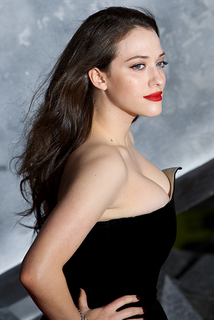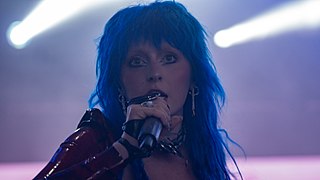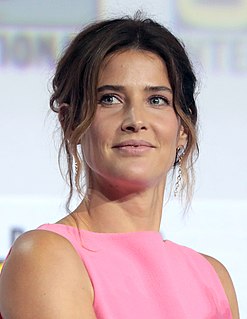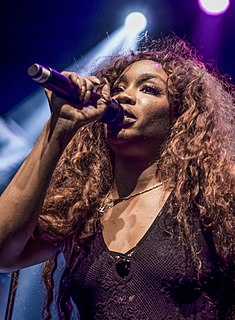A Quote by Lorde
I'd refer to myself as a feminist. I don't think my music is overtly rooted in feminism. I'm a teenager, and 95 percent of my friends are boys, and that's just the way I've always been.
Related Quotes
I consider myself 100 percent a feminist, at odds with the feminist establishment in America. For me the great mission of feminism is to seek the full political and legal equality of women with men. However, I disagree with many of my fellow feminists as an equal opportunity feminist, who believes that feminism should only be interested in equal rights before the law. I utterly oppose special protection for women where I think that a lot of the feminist establishment has drifted in the last 20 years.
I have been villainized because of my identity - I've received nasty blog comments and emails just based on my willingness to identify with feminism by people who clearly don't understand what I value and why I identify as a feminist. Ultimately, I'm less concerned with whether or not people identify as feminist and am more concerned with whether or not people understand what feminism is. If they don't want to identify as a feminist that's fine. I respect people's decision to identify any way they want and expect that same respect in return, although I don't always get it.
As all advocates of feminist politics know most people do not understand sexism or if they do they think it is not a problem. Masses of people think that feminism is always and only about women seeking to be equal to men. And a huge majority of these folks think feminism is anti-male. Their misunderstanding of feminist politics reflects the reality that most folks learn about feminism from patriarchal mass media.
I believe I was raised with feminist values, but I don't think I ever heard my Mom call herself a feminist. Before I identified as a feminist myself, I thought of feminism as more of a historical term describing the women's movement in the '70s but didn't know much about what they had done and didn't think it applied to my life at all.
The way I view feminism — and I know there are a lot of different things going on — but, at its purest form, to me, it's a very positive, supportive, nurturing, empowerment thing. I mean, God, who isn't a feminist? If you don't think women are as good as men, you're not a good person. I like to think that most of the population of people worth being friends with are feminists, if that's what feminism means.
I know I certainly wouldn't be writing books if it hadn't been for the feminist blogosphere, and I think that's a really amazing thing. And just the sheer power of outreach I think is incredible. It used to be that if someone was to get involved in feminism, it was probably because they were already interested. They were already interested in feminism; they were already interested in being an activist, and they found their way to like a NOW meeting or to a consciousness-raising group or something like that.
I think feminism has always been global. I think there's feminism everywhere throughout the world. I think, though, for Western feminism and for American feminism, it not so surprisingly continues to center Western feminism and American feminism. And I think the biggest hurdle American feminists have in terms of taking a more global approach is that too often when you hear American feminists talk about international feminism or women in other countries, it kind of goes along with this condescending point of view like we have to save the women of such-and-such country; we have to help them.
It's always been important to me to be very upfront with people about the fact that I do identify as a feminist because it's an opportunity to expose people to and educated them about the movement. Young women don't identify as feminist is because they don't know any feminists and don't have a comprehensive understanding of what it is, I gave them example and an opportunity to ask about it. And once they saw that I wasn't the embodiment of the negative feminist stereotype - that I was a normal teen girl just like them - I think they became more open to learning about what feminism really is.
Naturally my stories are about women - I'm a woman. I don't know what the term is for men who write mostly about men. I'm not always sure what is meant by "feminist." In the beginning I used to say, well, of course I'm a feminist. But if it means that I follow a kind of feminist theory, or know anything about it, then I'm not. I think I'm a feminist as far as thinking that the experience of women is important. That is really the basis of feminism.
I think people resist feminism because they're scared. I think for women, they're scared of being picked on or of being called out. I hear from a lot of young women, you know, I don't want to call myself a feminist because I don't want to get in an argument with someone. And it's just not cool; like it's not a cool thing to be associated with. There's no benefit to saying that you're a feminist.
































